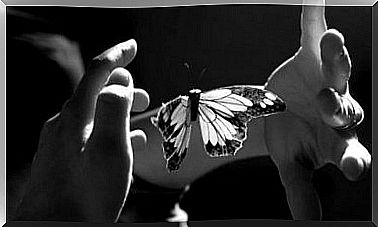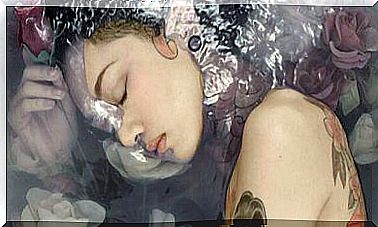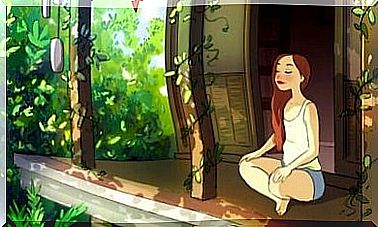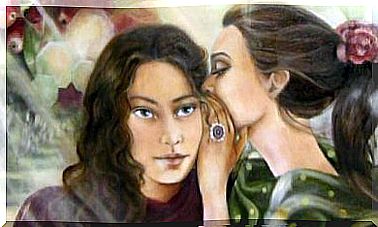Am I Doomed By My Family Heritage?

There is nothing that bothers us more than seeing ourselves reflected in the faults of our mothers and fathers. This makes us reflect on how it can be possible that, throughout life, we have been upset with these defects or ways of being and, now, we are acting in a similar way, as if it were a family heritage.
The discomfort this similarity causes us is so much that we often exhaustively deny it. Furthermore, this denial leads us to attribute to others this characteristic that is unacceptable to ourselves. This is known in psychoanalytic terms as projection or, as the proverb goes, “see the mote in the other’s eye and don’t catch it in your own eye.”
We tend to repeat family patterns and heritage in our social relationships, as a couple, and in our own family life. What we learn as we develop becomes ingrained in us, and as we realize this, we can ask ourselves: Am I really doomed to repeat the same mistakes as my family?

Why is our family heritage important?
Our family heritage goes beyond genetic studies. Since we left the womb, and even before, we didn’t stop learning. We imitate what we see in our references: what they do, how they express themselves, how they deal with their own emotions… And we understand that this is our model to follow.
In fact, there is a developmental stage when the child cannot differentiate his own being from that of his caregivers. In later stages, the child will develop his “I” and will understand that he is a being independent of his attachment figures. This phase is particularly notable in adolescence, when the intention is to affirm this “I” and deny any family heritage.
Furthermore, these attachment figures are not just “a” model, but “the” model. Parent figures are fully idealized in early childhood. So much so that, according to psychoanalytic theories, there is a passion for parents, known as the Oedipus or Electra complex.
So am I doomed to repeat the same mistakes as my family?
Of course, you’re not doomed to repeat your family heritage, at least if that’s not what you want. All of these patterns are permeated into our personality and, of course, we often recognize them. But they aren’t the only models you have; your life experiences also provide structure to this entire plot.
The new relationships you establish, whether as a couple, friendship or fraternal, make all those internal models of family heritage that you carry mobilize and transform.
In this sense, we can consider family inheritances a burden, but also something precious that we want to continue to keep in our generation. There are many cases of family heirlooms that were not just followed, but perfected.
An example of this is Anna Freud, daughter of the famous psychiatrist Sigmund Freud, who made fundamental contributions to psychiatry with her theories on defense mechanisms. Anna Freud continued her father’s legacy and went further.
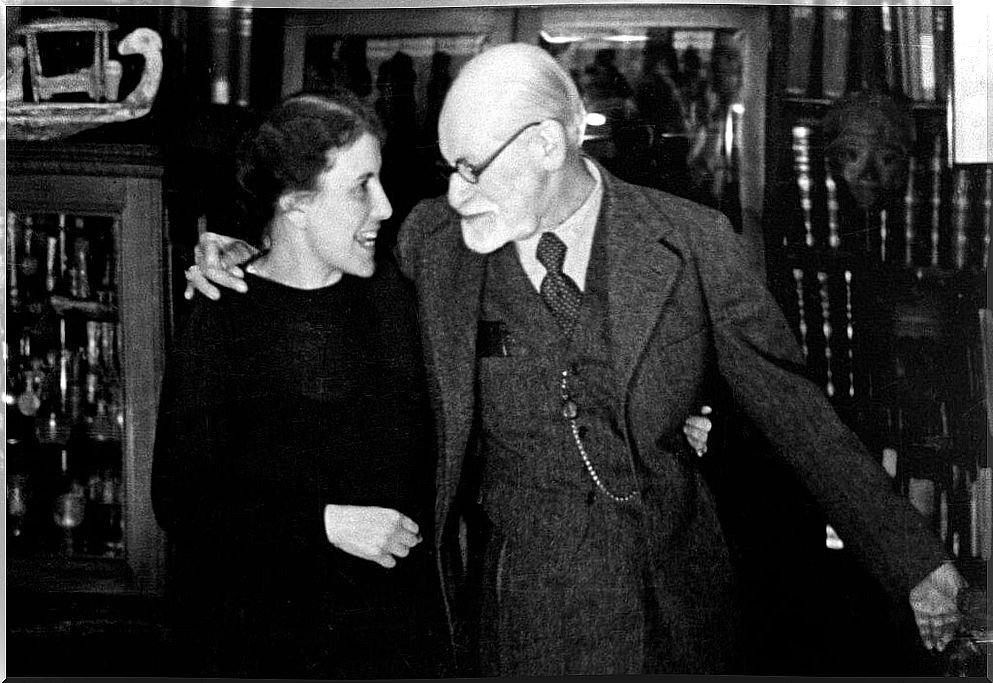
Trying to improve our family heritage
As we’ve seen, family heritage involves the baggage and patterns of understanding the world that we’ve learned from our attachment figures and have therefore left a deep imprint on us. However, this does not mean that we are predetermined to repeat what our family members did if we do not agree.
One of the psychotherapies that focuses more on this view is family therapies. This way of working tries to elucidate your current family position and even previous generations. This will allow the person to take an active role in those unconscious family patterns that repeat and cause pain.
Ultimately, we are heirs to our family members, both of the positive things and legacy that we are proud of, and of what causes us pain and paralyzes us. But we must remember that it is up to us to improve this heritage more and more and transmit the best of ourselves to the next generation.
